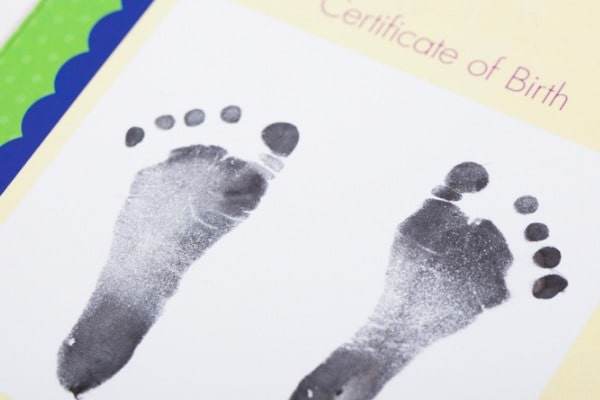Co-Parenting Before Birth
Start planning for your baby’s arrival with these tips.
- 3 min read
- family law
- finances

Co-parenting during pregnancy
Communication and consistency are vital to creating a successful co-parenting relationship. That’s true even if your child is still a bun in the oven. Co-parenting before birth is sometimes easier for new parents, as it allows you to focus on developing your parenting plan before the exhaustion and stress of raising an infant sets in.
Considerations for your parenting plan

Your parenting plan is the document that outlines the schedules, routines, and rules you and your co-parent will follow once the baby is born. This agreement will allow you to raise a healthy, happy child who has a strong relationship with both parents.
Your parenting plan will cover many aspects of your child’s life. For example:
- Where will your child live?
- How will holiday and vacation schedules be handled?
- What are your religious and education expectations?
- How will social media usage be handled?
- Who will communicate with the child’s teachers?
- What happens if one parent wants to get married?
No parenting plan will last forever—and certainly not one for an infant—so it’s crucial to build a process for making amendments to your agreement.
Formulating a parenting plan for babies
With an infant on the way, there will be very specific factors to consider, including:
- If the baby is being breastfed, how will he or she be fed when mom is not around?
- Who will schedule and attend the baby’s doctor’s appointments?
- How will daily communication occur regarding feeding and sleeping schedules?
- When is the right time to start to introduce solid foods to the baby?
- When will the baby start having overnight visits with both parents?
Newborns need a consistent schedule and routine, so your visitation schedule and custody agreement may look different for the first few months of the baby’s life. Usually, the infant lives with one parent full-time and has frequent visits with the other to start the bonding process. You and your co-parent will decide when it’s the right time to transition to overnight stays.
Babies can also feel fear and recognize anger, so it’s important to show respect to your co-parent. Toxic fighting between parents is harmful to a child’s mental health at every age.
Be Involved

Staying engaged throughout the entire pregnancy will help you build a bond with your baby. Here’s how you can get involved:
- Attend prenatal visits with your co-parent
- Read books about child development
- Spend time around babies
- Participate in parenting classes
Legal hurdles to early co-parenting

There are a few legal issues that come up on occasion when a baby is not yet born:
- Some states will not allow you to divorce while you’re pregnant. They won’t allow you to complete a settlement and custody agreement until the child is born.
- When a child is born to a married mother, the mother’s husband is the child’s legal father. If the mother’s spouse is not the biological father, the mother, husband, and biological father will need to sign several forms to establish correct legal parentage.
- Neither spouses nor unwed parents are entitled access to each other’s medical records without the other party’s consent. If the mother of the baby does not want the father of the unborn child to see her prenatal test results or be present at doctor’s appointments or in the birthing room, the mother’s decision will likely outweigh the father’s.
Starting your co-parenting journey
Co-parenting is not easy, but shared parenting has been linked to better outcomes for children of all ages across a wide range of emotional, behavioral, and physical health measures. If both parents are fit, your co-parenting relationship may be one of the most important things you ever do to give your baby the best start at life.
If you and your co-parent are looking for a way to communicate and coordinate ahead of the baby’s arrival, TalkingParents can help. In addition to messaging and calling tools, we offer a Shared Calendar so you can keep track of appointments and an Info Library so you can document important information. Once the baby is born, all these features will continue to benefit your co-parenting relationship. Learn more about Using TalkingParents to Help You Co-Parent an Infant.